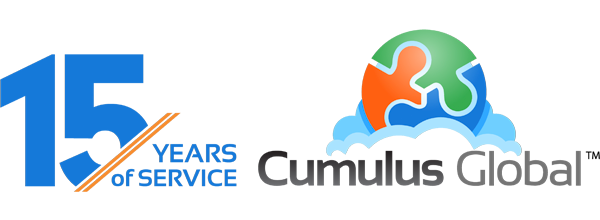OffiSync 2.0 Preview
OffiSync 2.0 offers greatly expanded collaboration features for MS Office users connected to Google Apps.
Join us for a discussion of the OffiSync Reseller Program and a demonstration of many of the new features.
Support for native MS Office files in Google Docs:
- Open native MS Office files in Google Docs
- Save MS Office files in native formats to Google Docs (Google Apps Premier and Education Edition Only)
Expanded Collaboration Features:
- Auto-discovery of Google Sites in use
- Create new Google Sites and folders from within MS Office applications
- Dashboard showing other documents related to the context of your work
Co-Authoring Beta For Word and Excel files stored in Google Docs and Sites:
- Multiple users can edit files simultaneously
- Updated view of each others’ work with each save or auto save
MS Office Compatibility
- Full Compatibility with Office 2003 and 2007 Editions
- Beta support for MS Office 2010 Beta
- Full support for Office 2010 will be available after Microsoft officially releases Office 2010
Space is Limited; Click here for webinar times and registration!

